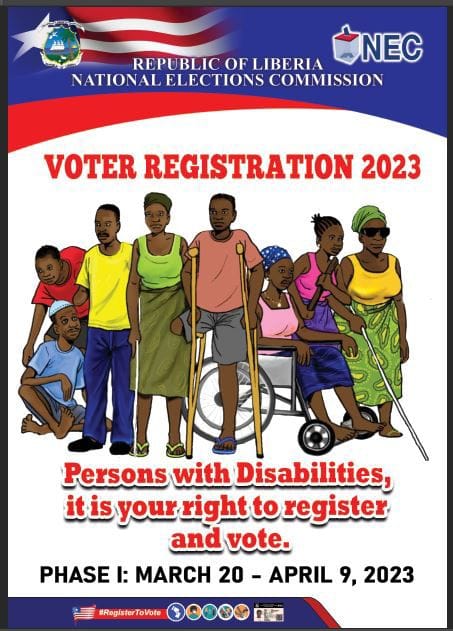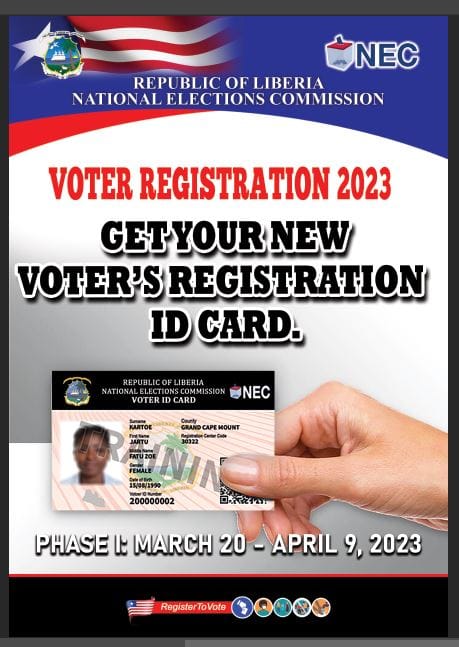CPP Takes NEC To Supreme Court Over Constitutional Issue

The Collaborating Political Parties (CPP) has filed a petition before the full bench of the Honorable Supreme Court of Liberia over the constitutionality of the National Elections Commission (NEC) to conduct Voters Registration without constitutionally demarcating constituencies after the conduct of the national census.
The CPP believes that it is absolutely paramount that Liberians are adequately represented in Government through constituencies that are constitutionally demarcated and voters are then registered.
The CPP has asked the Honorable Supreme Court to demand the National Elections Commission (NEC) obey the constitution something which they believe will secure the elections.


In a release, the CPP added that the constitutional duty of NEC is to proceed as spelled out directly in the constitution as a result the Electoral Commission should not deviate, noting that any means of NEC to do otherwise to violate the constitution has the propensity to undermine the integrity of the October 10 elections.
According to them, in keeping with the 1986 constitution Article 80 (c) states that “every Liberian citizen shall have the right to be registered in a constituency, and to vote in public elections only in the constituency where registered”.
“Despite various public objections over the unconstitutional delays to conduct the census, and concerns around the integrity of the results, according to the Liberian Government, the census has been conducted. Although final results have not been announced, preliminary results, which were publicly announced, show changes in the growth and movement of the population”, the release added.
The release further clarified that the Collaborating Political Parties (CPP) is not anticipating the High Court to delay the elections but rather to call the attention of the NEC to constitutional violations.
“We must not permit violations to provisions of the constitution relating to the elections, without acting to correct such violations. If we permit one violation, we risk permitting others, including the timely conduct of the elections”.
